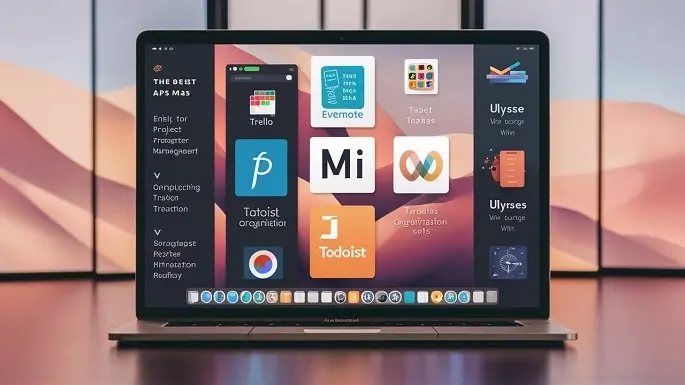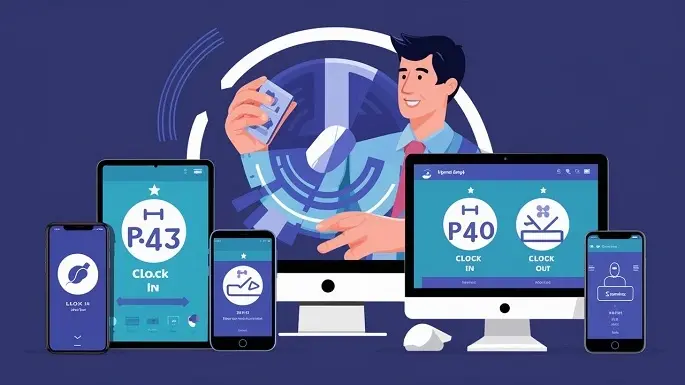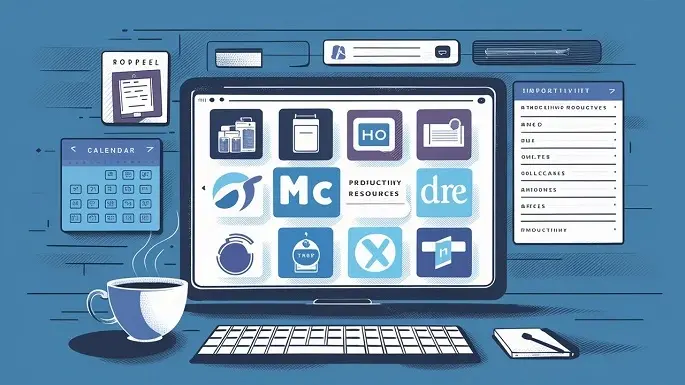In today's fast-paced business world, managing time and projects efficiently is crucial for success. Whether you're a freelancer, a small business owner, or part of a larger organization, you've likely come across the dilemma of choosing between time tracking software and project management tools. Both serve distinct purposes and understanding their differences can help you make an informed decision that aligns with your specific needs.
Understanding Time Tracking
What is Time Tracking?
Time tracking involves monitoring and recording the amount of time you spend on various tasks and activities throughout the day. It's a valuable tool for tracking productivity, analyzing work patterns, and managing billable hours.
Benefits of Time Tracking
-
Increased Productivity: Knowing where your time goes can help you identify time-wasting activities and improve your overall efficiency.
-
Accurate Billing: For freelancers and professionals who charge clients by the hour, time tracking ensures accurate invoicing.
-
Data-Driven Decisions: Time-tracking data can inform strategic decisions, allowing you to allocate resources more effectively.
Exploring Project Management
What is Project Management?
Project management involves planning, executing, and overseeing all aspects of a project, from initiation to completion. It encompasses tasks, timelines, team collaboration, and resource allocation.
Benefits of Project Management
-
Improved Collaboration: Project management tools facilitate communication and collaboration among team members, ensuring everyone stays on the same page.
-
Efficient Planning: You can create detailed project plans, set milestones, and allocate resources, making it easier to achieve project goals.
-
Task Prioritization: Project management helps in prioritizing tasks, ensuring that critical activities are completed on time.
Choosing the Right Solution for You
Factors to Consider
-
Nature of Work: Consider whether you primarily work on individual tasks or manage complex projects involving multiple team members.
-
Billing Structure: If you bill clients based on hours worked, time-tracking tools are essential for accurate invoicing.
-
Team Size: Larger teams benefit more from project management tools, while solopreneurs may find time tracking sufficient.
-
Scope of Projects: Complex, long-term projects often require robust project management solutions to keep everything organized.
-
Budget: Evaluate your budget constraints and choose a tool that offers the best features within your financial reach.
The Synergy Between Time Tracking and Project Management
While time tracking and project management serve different purposes, they can complement each other effectively. Many modern software solutions integrate both functionalities, allowing you to track time spent on specific project tasks seamlessly. This integration enhances project planning and resource allocation, making your workflow more efficient.
Conclusion
In the battle of time tracking vs. project management, there is no one-size-fits-all answer. Your choice should align with your unique needs, the nature of your work, and your budget. Consider a blend of both if your work requires it. Ultimately, the right tool will help you streamline your work, boost productivity, and achieve your professional goals.
In conclusion, the choice between time tracking and project management ultimately depends on your specific requirements and work style. It's essential to assess your needs carefully and explore software solutions that offer the flexibility to adapt to your evolving workflow. Remember that the right tools can significantly enhance your productivity and efficiency in managing both time and projects.
Contact us here for time-tracking software now!
FAQs
-
Is time tracking necessary for project management?
Time tracking can enhance project management by providing insights into task duration, but it's not always a strict requirement. -
What are some popular time-tracking tools?
Some widely used time-tracking tools include Toggl, Clockify, and Harvest. -
Which project management software is best for small businesses?
Small businesses often prefer tools like Asana, Trello, or Monday.com for their simplicity and affordability. -
How can I ensure my team adopts time-tracking and project management tools effectively?
Proper training, clear expectations, and regular feedback can encourage team members to embrace these tools. -
What if I can't decide between time tracking and project management?
Consider trying out a software solution that offers both features to determine which suits your needs best.


